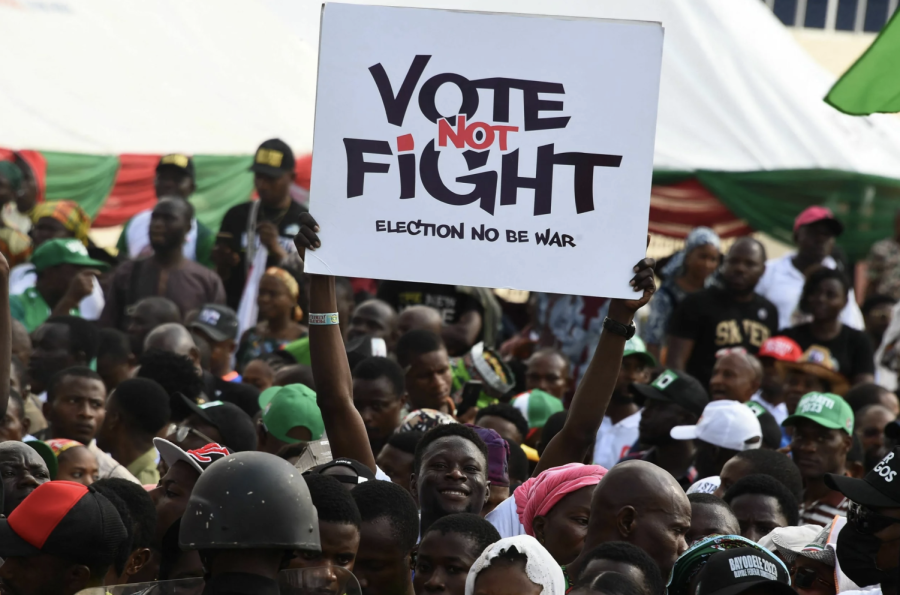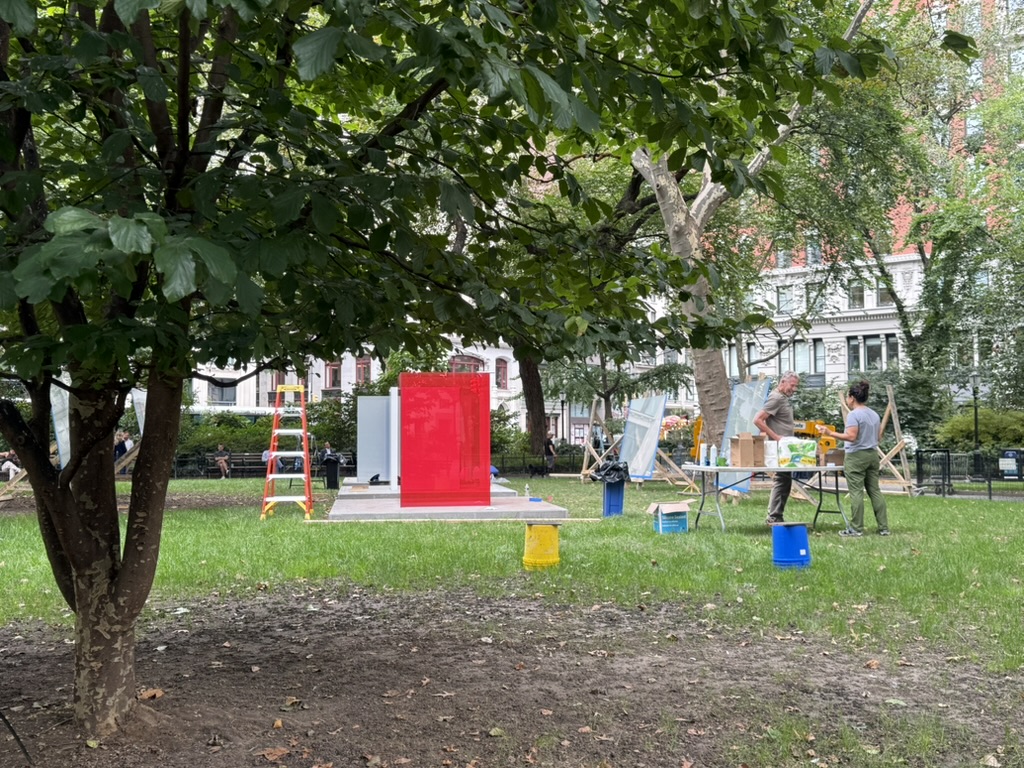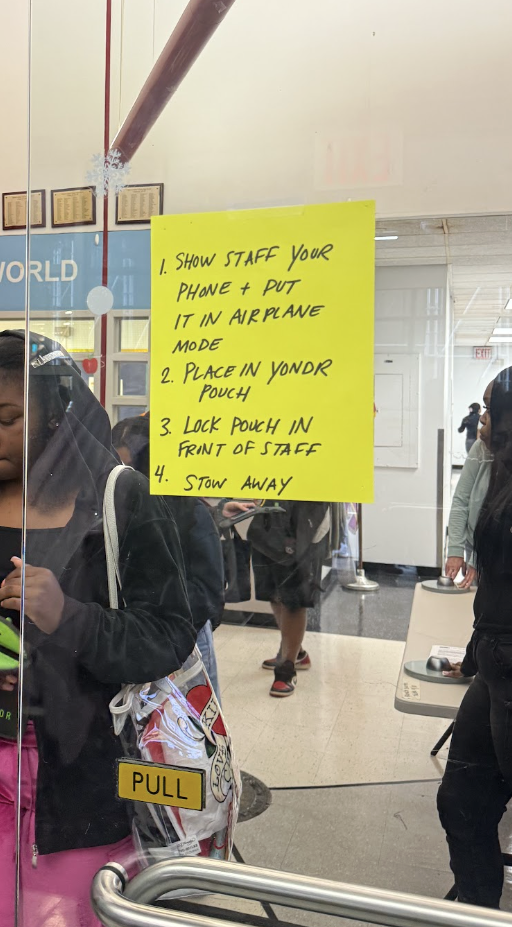What’s Going on 5,352.15 Miles Away: Nigeria’s Problem With Kidnapping
February 24, 2023
One of the most transparent and hotly vied elections since Nigeria’s return to democracy is underway on February 25. Yet, a long-standing occurrence of kidnapping in the northwest region of Nigeria makes life miserable for its citizens, and this apprehension prevents many of the area’s registered voters from casting their ballots in the upcoming election.
International abduction has drastically escalated since 2019 in all regions, with COVID-19 exacerbating the problem. Sub-Saharan Africa has always been one of the world’s most active kidnapping regions: several nations, notably Nigeria, contributing to high rates. But in the past year, over 3,400 individuals have been kidnapped in Nigeria’s northern area, with 564 killed in kidnapping-related violence. And everybody is a target, including students, train passengers, rural peasants, and even the most disadvantaged members of society who are physically unable to pay the ransom.
With everyone at risk, political agendas have been greatly influenced: voters choosing Nigeria’s political destiny are most concerned about a lack of security. Yet, some can’t even cast a ballot because of the risk. Threats to polling stations have already begun to deter voters from showing up to change the current state. Between 2019 and 2022, there were fifty attacks on electoral offices in 15 Nigerian states, with 26 involving vandalism.
The previous president, Muhammadu Buhari, pledged to address this issue; throughout his electoral campaign, he promised to reduce violence, which saw some results in the northeast. Nonetheless, it is more than just the president that will make the necessary changes. Nigeria’s federal form of government necessitates continuous operation of the three levels of government, local, state, and federal, to achieve significant change. And along with the forecasted low voter participation for the presidential elections, Nigerian voters also typically disregard the significance of local and state elections, focusing solely on the presidential elections – the prospect of any change is low. Despite this, all four candidates—Peter Obi, Atiku Abubakar, Bola Tinubu, and Rabiu Kwankwaso—have pledged to address the kidnapping issue, but many believe they will fall short.
Nigerians believe this election to be the last hope for the country; only time will tell if the problems are truly addressed.













